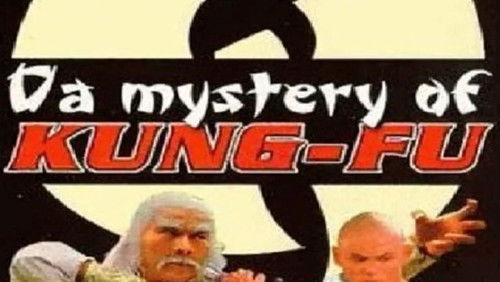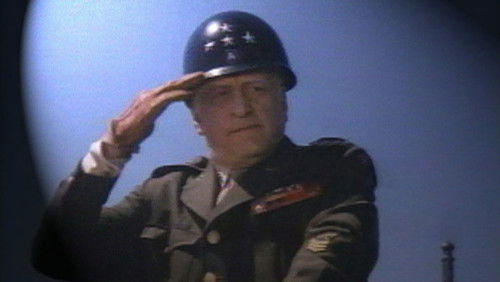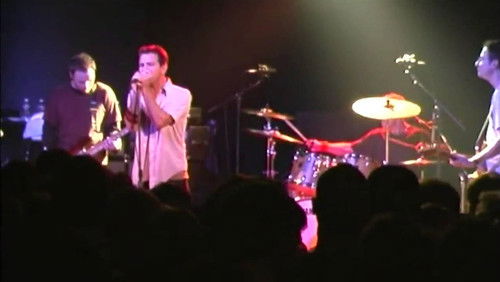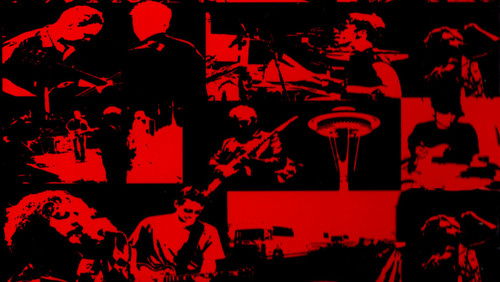Frank Serpico (2017)
61KFrank Serpico: Directed by Antonino D’Ambrosio. With Frank Serpico, Stanislao Pugliese, Janet Panetta, John O’Connor. In his own words, Frank Serpico tells the story of his one-man crusade for police reform in the NYPD during the early 1970s.
“This film kind of assumes the viewer has at least some familiarity with what Frank Serpico is known for: Instead, itu0026#39;s more interested in painting a picture of *who* he is. Lots of scenes show Serpico, a lanky and animated guy in his early 80s, vividly recounting his experiences on prostitution stings, working as a plainclothes cop, and then eventually being transferred to the narcotics division. He speaks of his family and their working-class Italian background, along with the pressure he faced to stay silent in the face of widespread bribery and corruption in the NYPD in the u0026#39;70s. u003cbr/u003eu003cbr/u003eThe famous incident where he was shot and received little backup (it was suspiciously only called in by a civilian as a 10-10 – u0026quot;possible crimeu0026quot; – rather than by a fellow officer as a more serious 10-13 – u0026quot;assist patrolmanu0026quot;) is also discussed.u003cbr/u003eu003cbr/u003eThe film flatters and is very much in awe of him; if you hate Serpico for whatever reason then thereu0026#39;s really no reason for you to watch this. u003cbr/u003eu003cbr/u003eStill, the film does attempt to address some of the knee-jerk criticisms (u0026quot;heu0026#39;s a rat,u0026quot; etc.) mostly by way of Arthur Cesare. Heu0026#39;s a retired detective and one-time partner of Serpicou0026#39;s in the narcotics division; he criticizes Serpico to his face for going after the little guys instead of the big bosses who enabled the corrupt behavior which, he also admits, was rampant in the u0026#39;70s. The film is quick to point out that, as reiterated in the Knapp Commission, Serpico didnu0026#39;t want to wear a wire to record conversations with patrolmen – he too mainly wanted the upper-level rotten apples.u003cbr/u003eu003cbr/u003eu0026quot;Get the bosses,u0026quot; Cesare admonishes. u0026quot;Because without their okay, it will not happen.u0026quot;u003cbr/u003eu003cbr/u003eu0026quot;How do you lock up the boss? How do you go after these guys?u0026quot; Serpico asks.u003cbr/u003eu003cbr/u003eAfter a long pause, Cesare says he doesnu0026#39;t know. u0026quot;I didnu0026#39;t even try,u0026quot; he admits.u003cbr/u003eu003cbr/u003eI wanted more voices like Cesareu0026#39;s in the film – real cops, retired or not, who disagree with Serpico or even outright hate him. It wouldu0026#39;ve given the film a chance to respond to some of their criticisms, most of which seem to crumble under the harsh light of scrutiny.u003cbr/u003eu003cbr/u003eThe film winds down with some info about the production of the famous u0026quot;Serpicou0026quot; movie starring Al Pacino and directed by Sidney Lumet; the real-life Serpico clashed with the director and was uninvited from the set (John Avildsen was going to direct but was apparently let go by the studio before production got underway).u003cbr/u003eu003cbr/u003eUltimately the film paints a picture of a regular, working-class guy with some hippie tendencies (Serpico is big into zen) who regarded any semblance of corruption in the force as a personal affront to his sense of morality. The film sees him as almost Christ-like in his ordinariness, though Serpico himself admits heu0026#39;s kind of eccentric.u003cbr/u003eu003cbr/u003eI saw him as a good guy who, while he did cash in on his fame, is still important in the annals of police history for the anti-corruption work he did.u003cbr/u003eu003cbr/u003eThis documentary couldu0026#39;ve been more incisive, but itu0026#39;s still pretty good. Worth a watch!”









